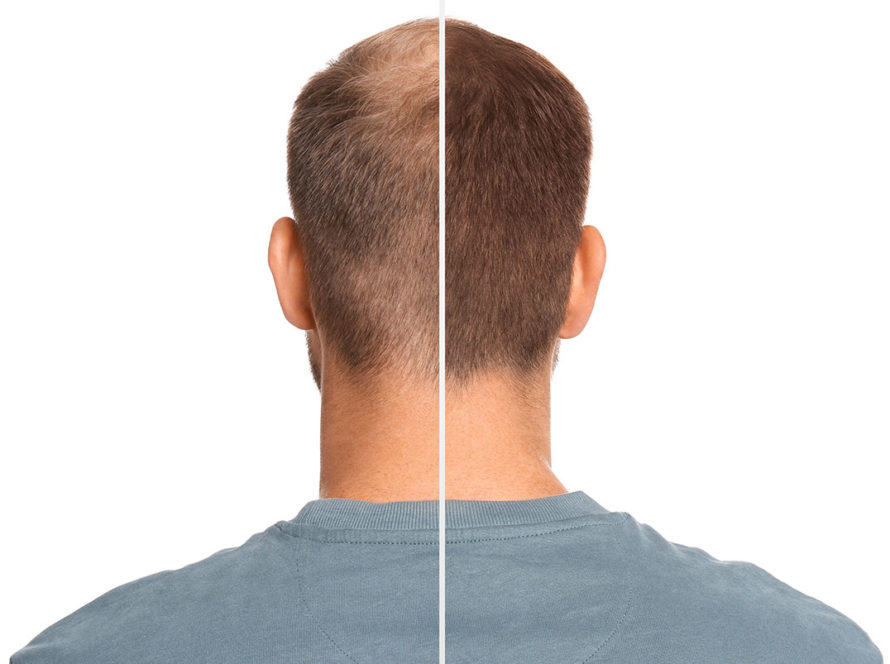Losing weight can be a challenging journey, and many individuals are constantly on the lookout for effective methods to aid their weight loss efforts. One such method that has gained attention in recent years is the use of peptides for weight loss. In this blog post, we will explore the potential benefits and considerations of using peptides to support your weight loss goals.
How Peptides May Assist in Weight Loss
Appetite Suppression: Certain peptides, such as melanotan II (MT-II), have been studied for their potential to reduce appetite, which can help individuals control their calorie intake and make healthier food choices.
Enhanced Fat Metabolism: Some peptides, like growth hormone-releasing peptides (GHRPs) and growth hormone secretagogues (GHSs), may stimulate the body to break down and utilize stored fat for energy, potentially leading to fat loss.
Improved Insulin Sensitivity: Peptides like tesamorelin have shown promise in improving insulin sensitivity, which can be beneficial for individuals struggling with weight gain related to insulin resistance.
Muscle Preservation: Certain peptides can help preserve lean muscle mass while promoting fat loss, which is essential for maintaining a healthy metabolism.
Energy Boost: Peptide therapies can provide an energy boost, which may encourage increased physical activity and exercise, further supporting weight loss efforts.
Considerations When Using Peptides for Weight Loss
- Individual Variability: Responses to peptide therapies can vary from person to person, and what works for one individual may not have the same effect on another. It’s important to work closely with a healthcare professional to find the right peptide and dosage for your specific needs.
- Lifestyle Factors: Peptides should be seen as a complement to a healthy diet and exercise regimen. They are not a magic solution but can provide valuable support for your weight loss journey.
- Regulatory Status: The regulatory landscape for peptides is still evolving, and it’s crucial to ensure that you are obtaining peptides from reputable sources to ensure quality and safety.
- Long-Term Effects: The long-term safety and effectiveness of peptide therapies for weight loss are still being researched, so it’s essential to stay informed and consult with a healthcare professional.
Conclusion
Peptides have shown potential in supporting weight loss efforts by reducing appetite, promoting fat metabolism, improving insulin sensitivity, and providing an energy boost. However, it’s important to remember that there is no one-size-fits-all solution for weight loss, and individual factors play a significant role in determining the effectiveness of peptide therapies.
If you are considering peptides for weight loss, it’s crucial to consult with a qualified healthcare professional who can provide personalized guidance based on your specific needs and goals. Peptides should be part of a holistic approach to weight management, including a balanced diet and regular physical activity. While peptides may offer benefits, they are most effective when used in conjunction with a healthy lifestyle.
Written by John Smith | RenewalPeptides



